Bird feeding is a delightful hobby enjoyed by millions around the world. It not only brings the beauty of nature closer to our homes but also provides essential support to bird populations throughout the year. However, not all bird seeds are created equal, and different species of birds have varying dietary preferences. Understanding which seeds attract which birds can enhance your bird-watching experience and ensure that your feathered visitors are well-fed and happy. Here’s a comprehensive guide on the best wild bird seeds for different bird species.
1. Sunflower Seeds
Sunflower seeds, available in two types—black oil and striped—are the most popular choice among bird feeders. Black oil sunflower seeds have a high oil content and are easy to crack open, making them ideal for a wide variety of birds. Striped sunflower seeds, on the other hand, have a tougher shell and are preferred by larger birds capable of handling them.
Ideal for: Cardinals, finches, chickadees, nuthatches, and more.
2. Safflower Seeds
Safflower seeds are a favorite among cardinals. They have a hard shell, which can be difficult for some birds to crack, but are highly valued for their ability to deter squirrels.
Ideal for: Cardinals, doves, and sparrows.
3. Nyjer (Thistle) Seeds
Nyjer seeds are tiny, oil-rich seeds that are a particular favorite among finches and other small songbirds. They require a special feeder due to their small size.
Ideal for: Goldfinches, siskins, and redpolls.
4. Peanuts
Whole or crushed peanuts are an excellent source of fat and protein for birds. They can be offered through mesh feeders or on platform feeders to attract a variety of species.
Ideal for: Woodpeckers, titmice, nuthatches, and jays.
5. Millet
Millet is a small, round seed that comes in white and red varieties. White millet is particularly popular with ground-feeding birds.
Ideal for: Sparrows, doves, juncos, and quails.
6. Corn
Cracked corn is a versatile and inexpensive seed that feeds a wide range of birds, but it also attracts other wildlife like deer, raccoons, and squirrels. It’s best used in a ground feeder or a sturdy platform feeder.
Ideal for: Turkeys, ducks, jays, and pigeons.
7. Mealworms
While not a seed, mealworms are an excellent source of protein and are especially loved during the spring when birds are raising their young. They can be offered dried or alive.
Ideal for: Bluebirds, wrens, and robins.
8. Mixed Seeds
Mixed seeds can offer a variety of grains and seeds, which can attract a diverse range of birds; however, they can also lead to waste if birds pick through and discard seeds they don’t like.
Ideal for: A broad spectrum of birds depending on the mix.
Tips for Feeding Wild Birds
- Use the right feeder: Different seeds require different types of feeders. For instance, tube feeders are great for sunflower seeds and Nyjer, while platform feeders are suitable for corn and mixed seeds.
- Location: Place feeders near natural shelters like bushes or trees to provide birds with a quick escape from predators.
- Keep it clean: Regularly clean your feeders to prevent the spread of disease among bird populations.
- Fresh supply: Ensure a continuous and fresh supply of seeds, especially during harsh weather conditions when birds depend more on feeders.
By choosing the right seed for the right bird, you not only get to enjoy watching these beautiful creatures up close but also contribute to their conservation by providing them with a reliable food source.

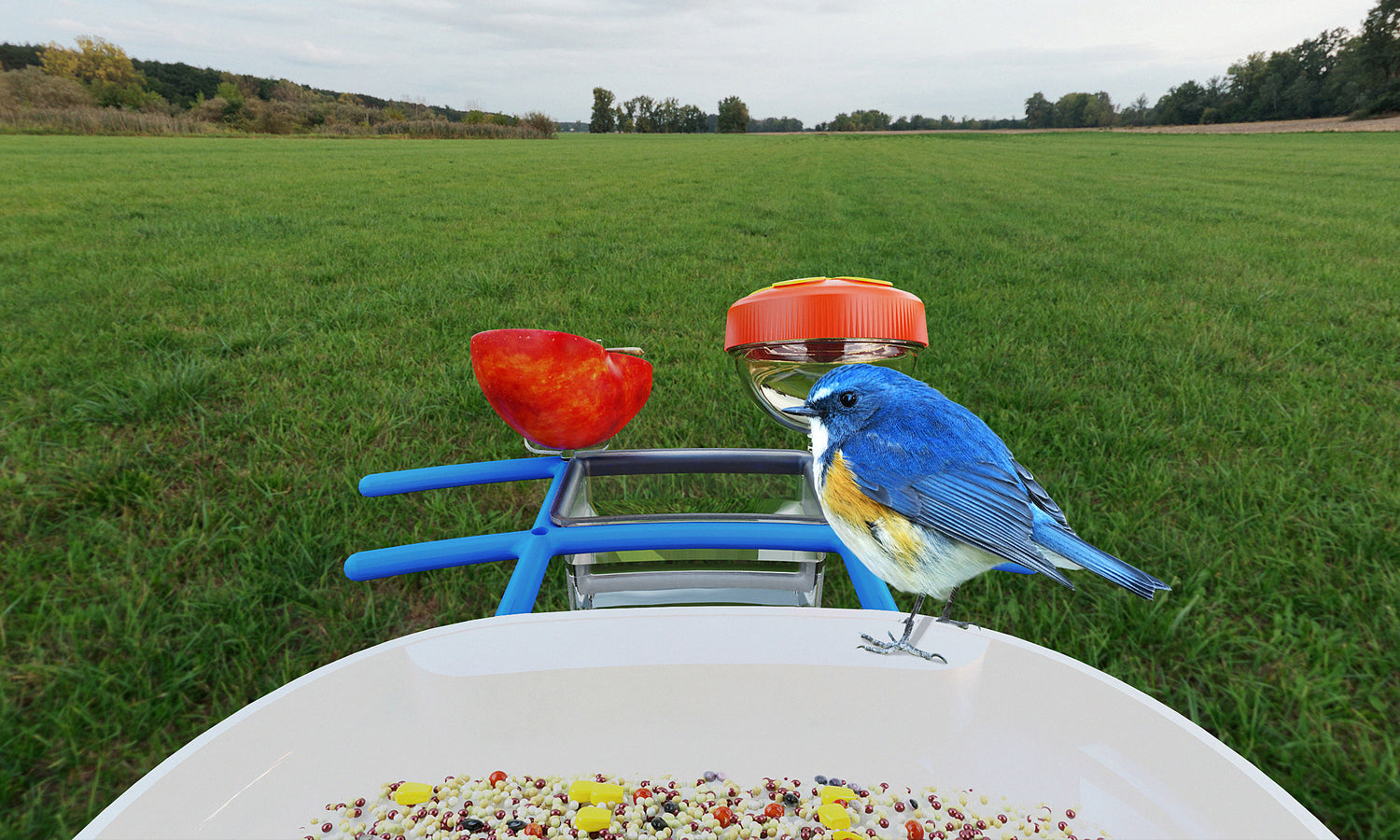
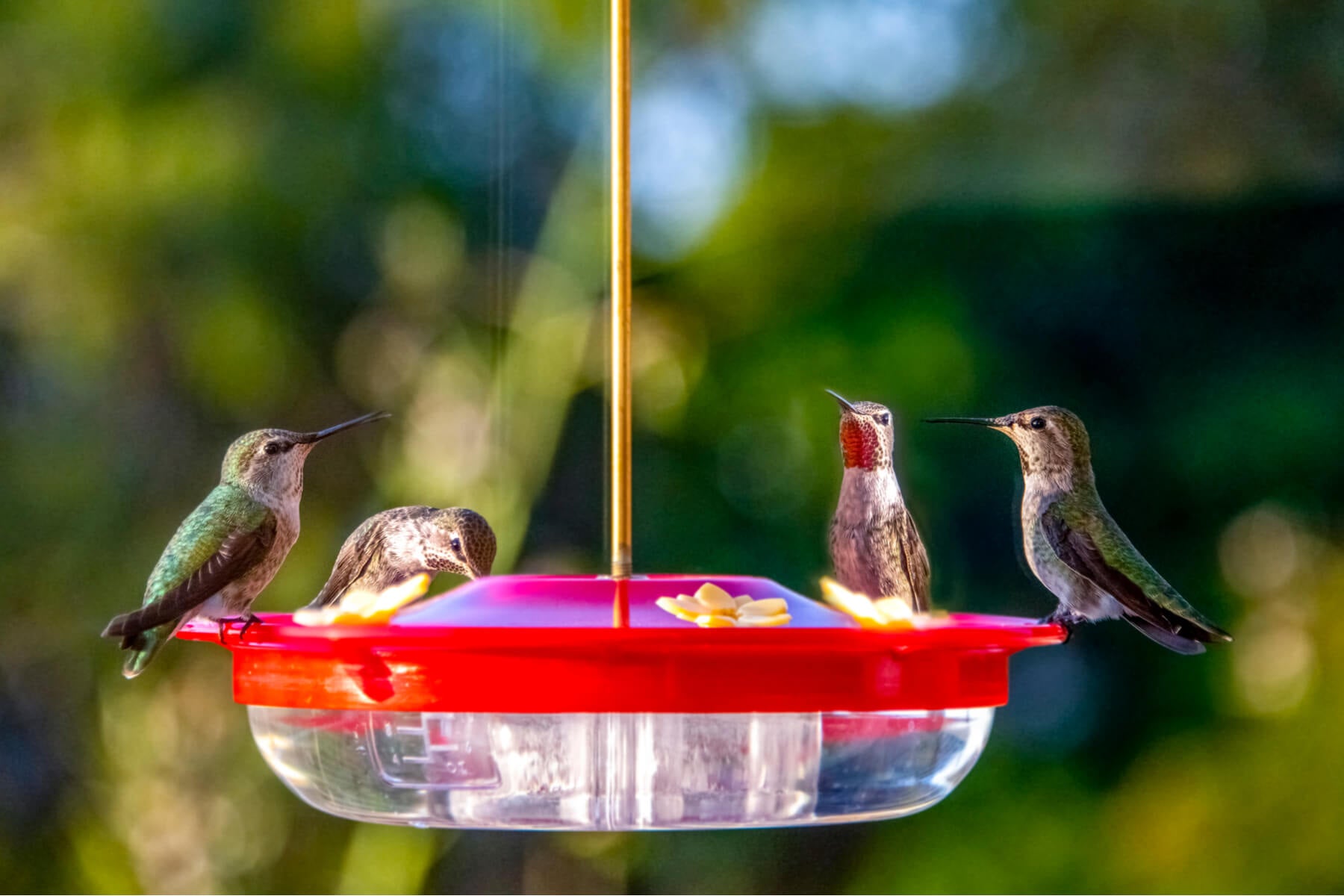
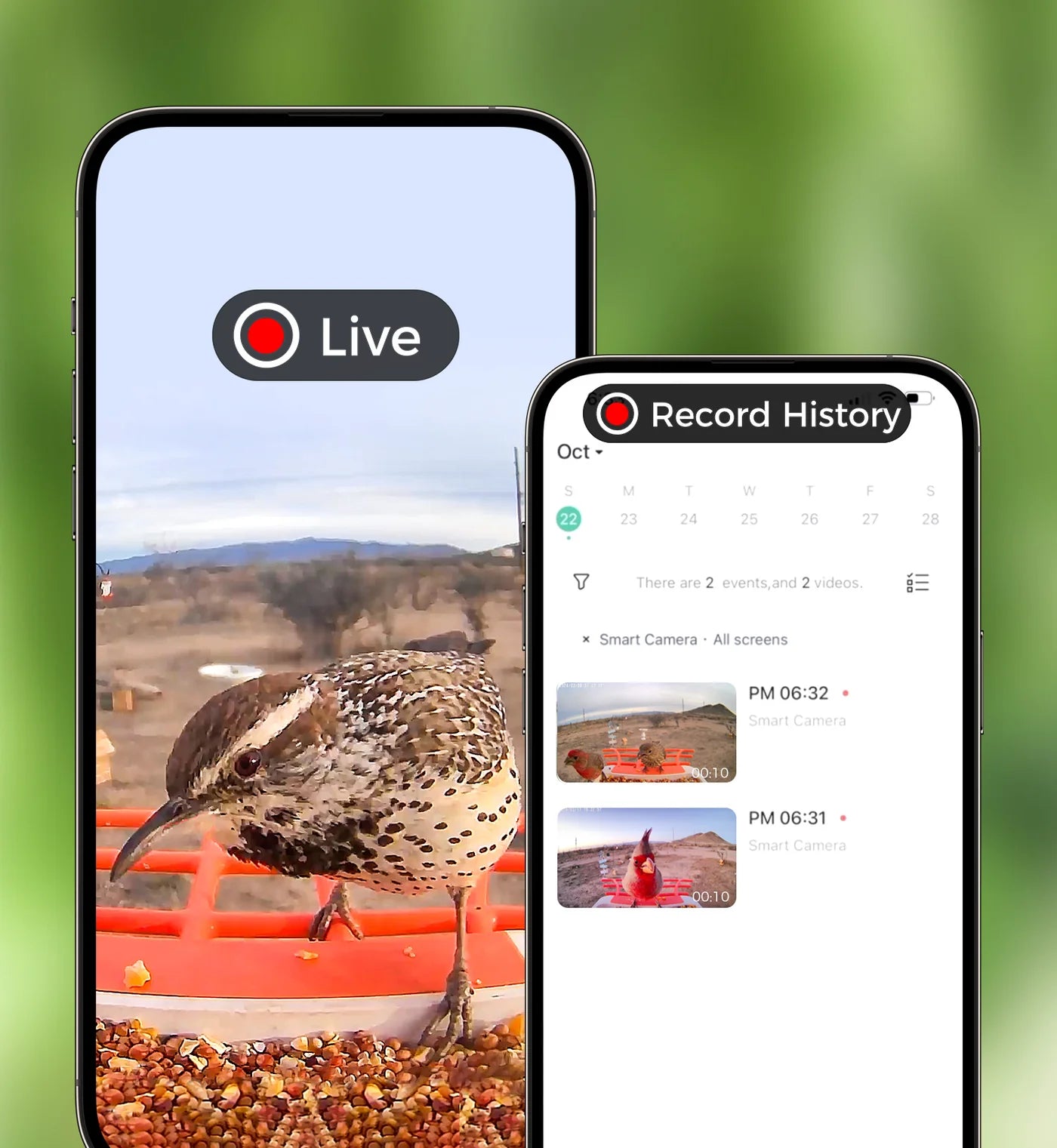
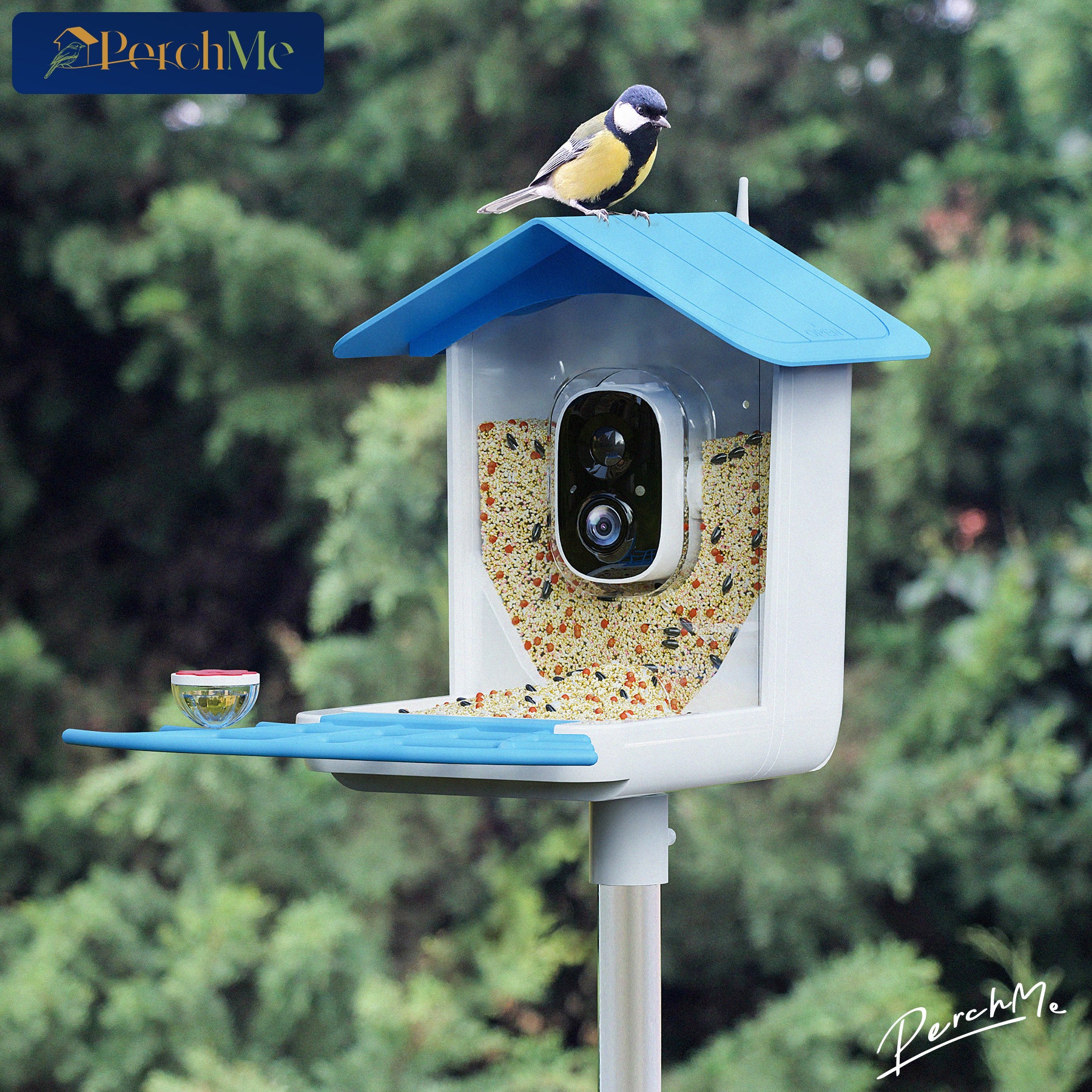
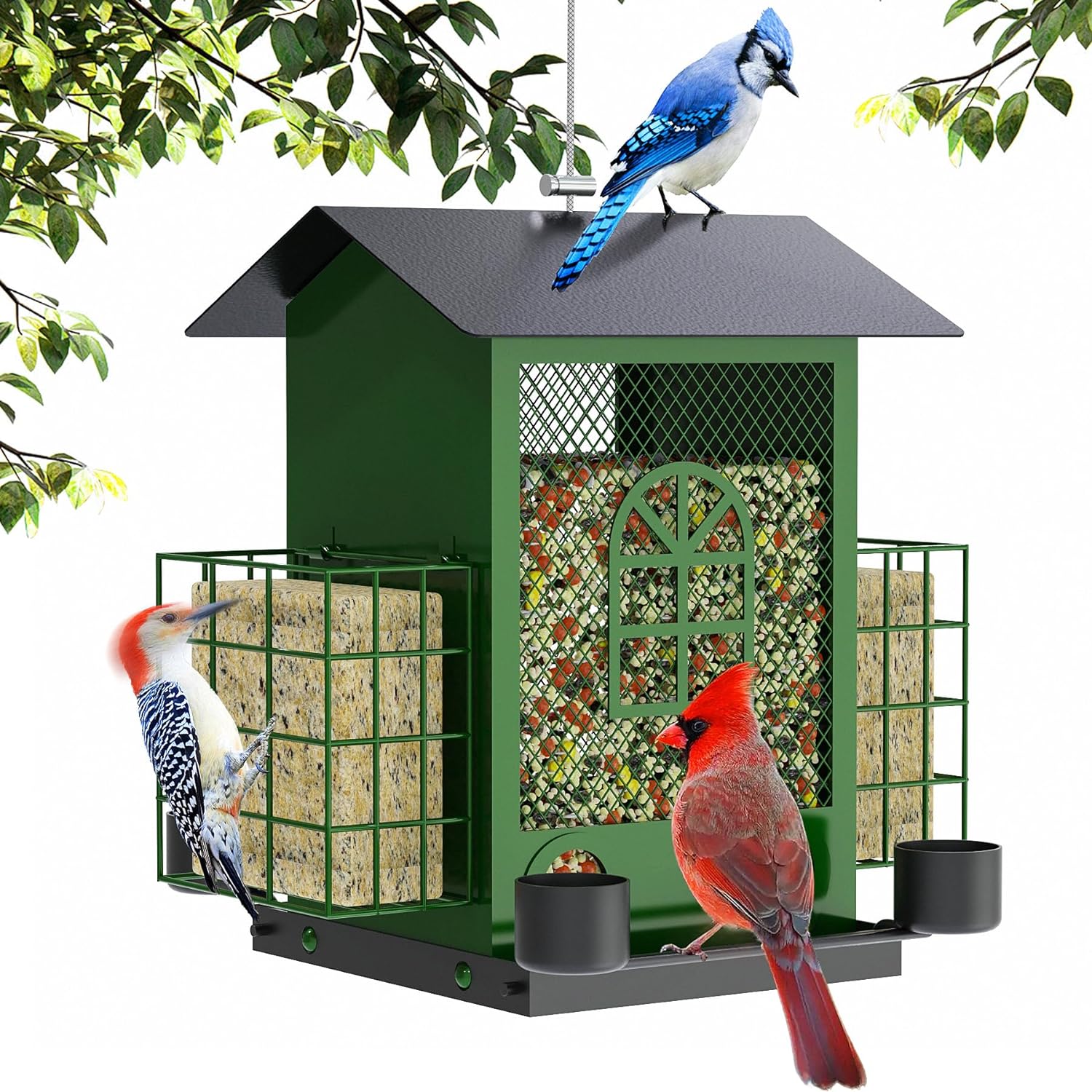




Leave a comment
All comments are moderated before being published.
This site is protected by reCAPTCHA and the Google Privacy Policy and Terms of Service apply.